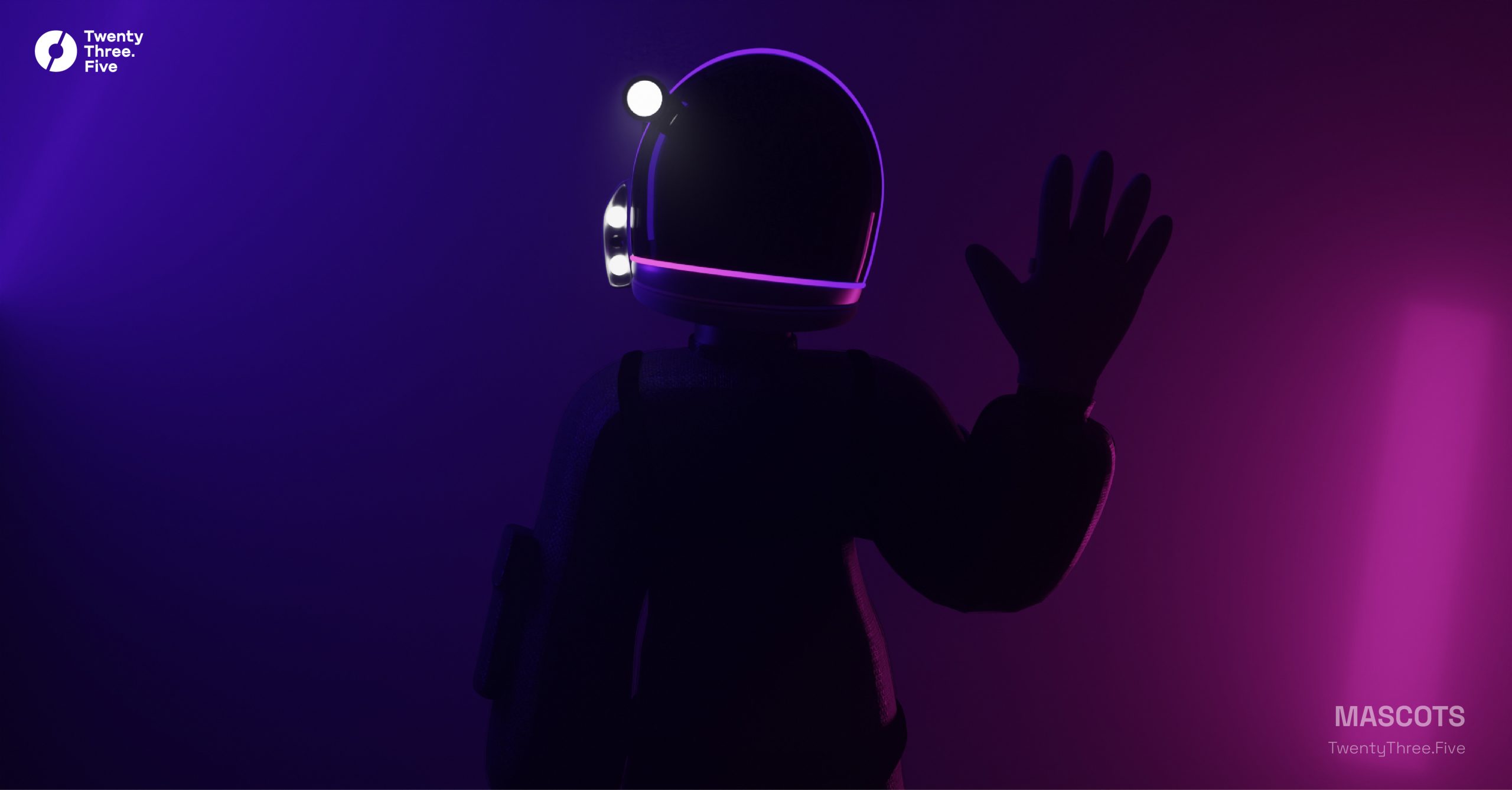
In the world of branding, capturing the attention and hearts of your audience is paramount. While logos, colors, and slogans play a significant role in brand identity, there’s another tool that can elevate your brand to new heights: a brand mascot. The question is, do you need one? Let’s explore the world of brand mascots and the numerous benefits they bring to your brand’s identity and engagement.
The Power of Visual Identity
A brand mascot is a character or figure that represents your brand. It serves as a visual symbol, often appearing in various marketing materials, from your website to social media profiles, and even on product packaging.
One of the primary advantages of having a brand mascot is the reinforcement of your brand’s visual identity. While logos and color schemes are important, a mascot adds a human or relatable element to your brand that people can connect with on a personal level.
Consider iconic mascots like the Coca-Cola polar bear or the Pillsbury Doughboy. These characters are instantly recognizable and have become synonymous with their respective brands. They enhance visual identity by providing a face for the brand.
Creating Emotional Connections
Brands are no longer just about products or services; they are about emotions and experiences. A well-designed and lovable brand mascot can create strong emotional connections with your audience.
Mascots often possess relatability and likability factors. They can evoke positive emotions, making your brand more approachable and friendly. When people have positive emotions associated with your brand, they are more likely to become loyal customers and advocates.
Think of the Michelin Man. This lovable character has been a symbol of trust and safety for over a century. It conveys the message that Michelin tires are dependable, just like the friendly Michelin Man himself.
Building Brand Recognition
Brand recognition is a crucial aspect of successful branding. The more recognizable your brand is, the easier it is to gain and retain customers. A fun and memorable mascot can significantly enhance brand recognition.
Consistency is key here. By featuring your mascot consistently across various marketing channels and materials, you reinforce your brand’s identity in the minds of consumers. Over time, when people see your mascot, they’ll immediately associate it with your brand.
For example, who doesn’t recognize the golden arches of McDonald’s? The brand’s mascot, Ronald McDonald, has played a significant role in building brand recognition for this global fast-food giant.
Adding Personality to Your Brand
Every brand has a personality, a set of characteristics that define it. A mascot can help you infuse personality into your brand effectively. It can embody your brand’s values, tone, and messaging.
For instance, if your brand wants to convey a sense of adventure and exploration, a mascot representing a daring explorer can be the perfect choice. On the other hand, if you aim for a more playful and light-hearted image, a whimsical or comical mascot might be more appropriate.
Consider Geico’s gecko, a friendly and witty character that personifies the brand’s approachability and sense of humor.
Versatility in Marketing
Brand mascots are incredibly versatile marketing assets. They can be used across various mediums and platforms to engage your audience.
In the digital age, social media plays a significant role in brand communication. A mascot can come to life on your social media profiles, responding to comments, sharing stories, and even participating in viral trends. This level of engagement humanizes your brand and fosters a sense of community with your followers.
Mascots can also star in video marketing campaigns, from animated shorts to live-action commercials. Their visual appeal and relatability make them excellent video subjects that capture attention.
Standing Out in a Crowded Market
In a saturated market, differentiation is crucial. A unique and fun brand mascot can set your brand apart from competitors. It provides an element that competitors may lack—a relatable character that resonates with your target audience.
When you stand out, you’re more likely to be remembered. A memorable mascot can increase brand recall, ensuring that when customers are ready to make a purchase, your brand is top of mind.
Consider the Energizer Bunny, an enduring symbol of endurance and long-lasting power. In a crowded battery market, this mascot helps Energizer stand out as a brand that keeps going and going.
The Benefits of Fun and Playfulness
Fun and playfulness are qualities that resonate with people of all ages. A mascot that embodies these traits can broaden your brand’s appeal, attracting a broader audience, including families and children.
Fun mascots create a positive association with your brand. People are more likely to engage with and share content featuring a fun and playful character. This not only increases your brand’s visibility but also enhances its image as a brand that knows how to have a good time.
For example, the M&M’s characters, with their witty and humorous personalities, have made M&M’s a favorite candy brand for people of all ages.
Practical Considerations
If you’re considering adding a brand mascot to your branding strategy, you might have some practical questions and concerns. Here are a few practical considerations:
1. Design and Development
Creating a brand mascot involves design and development work. You’ll need a skilled team of designers and artists to bring your mascot to life. Consider factors like the mascot’s appearance, colors, and personality traits that align with your brand.
2. Consistency
Consistency is essential when using a mascot. Ensure that your mascot appears consistently across all marketing materials and channels. This reinforces brand recognition.
3. Audience Relevance
Your mascot should resonate with your target audience. Consider the preferences and demographics of your audience when designing your mascot.
4. Longevity
A brand mascot is a long-term commitment. Think about the longevity of your mascot and its ability to remain relevant over time.
So, do you need a brand mascot?
While not every brand requires one, the benefits of having a fun and engaging mascot are clear. A well-designed mascot enhances visual identity, creates emotional connections, boosts brand recognition, adds personality, offers versatility in marketing, and helps your brand stand out in a crowded market.
Additionally, the fun and playfulness of a mascot can broaden your brand’s appeal and make it more relatable to a diverse audience.
Whether you’re a well-established brand looking to refresh your image or a startup seeking to make a memorable entrance, consider the potential of adding a fun mascot to your branding strategy. It’s an investment that can pay off in lasting brand loyalty and engagement.
If you’re ready to explore the possibilities of a brand mascot for your business, We are here to help. Let’s start a mission together!


